Our ideas about getting older are deeply influenced by societal expectations and misinformation. These misconceptions can harm our attitudes towards aging, potentially impacting our health and longevity. Let’s bust these myths and find healthier ways to approach the years ahead.
Myth #1: Aging Means Inevitable Physical and Mental Decline
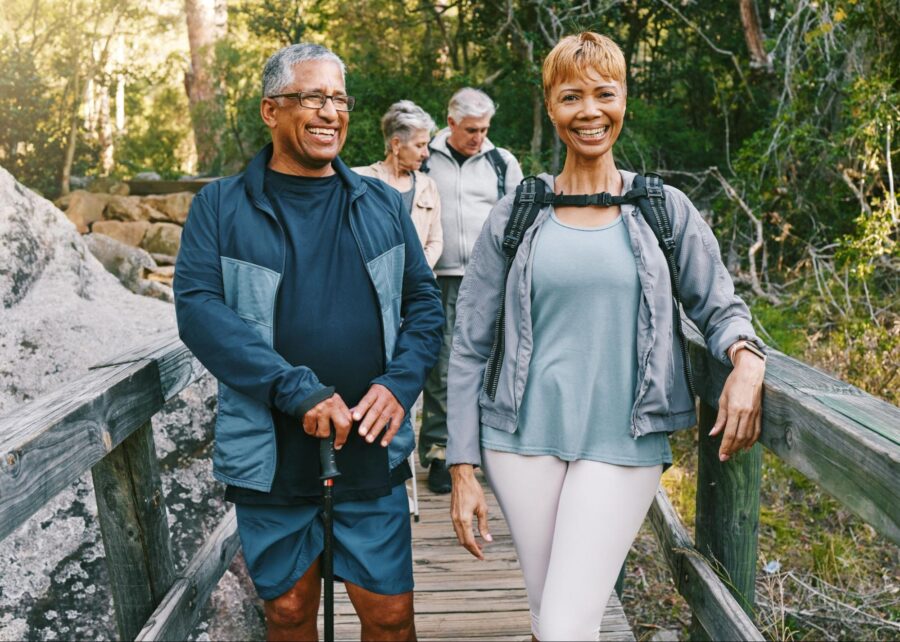
Envato
Reality: While aging brings natural changes, the myth of relentless, unavoidable decline is harmful. Yes, bodies change, but that doesn’t automatically equal frailty or debilitating illness.
What to do: Prioritize preventive healthcare, manage chronic conditions well, and actively adopt lifestyle choices that protect both your physical and mental health. This includes nutritious eating for your changing body, finding forms of exercise you love, and practicing good stress-management techniques.
Myth #2: You Lose All Your Mental Sharpness as You Age

Envato
Reality: Our brains undergo changes as we get older. Some processing might slow, and memory isn’t quite what it was at 20. However, our brains retain amazing “plasticity” – the ability to change and adapt.
What to do: “Use it or lose it” applies to your brain! Embrace lifelong learning. Take classes, solve puzzles, master new skills, have in-depth conversations – all of these stimulate your brain and help maintain healthy cognition.
Myth #3: It’s Too Late to Start Exercising Once You’re Older
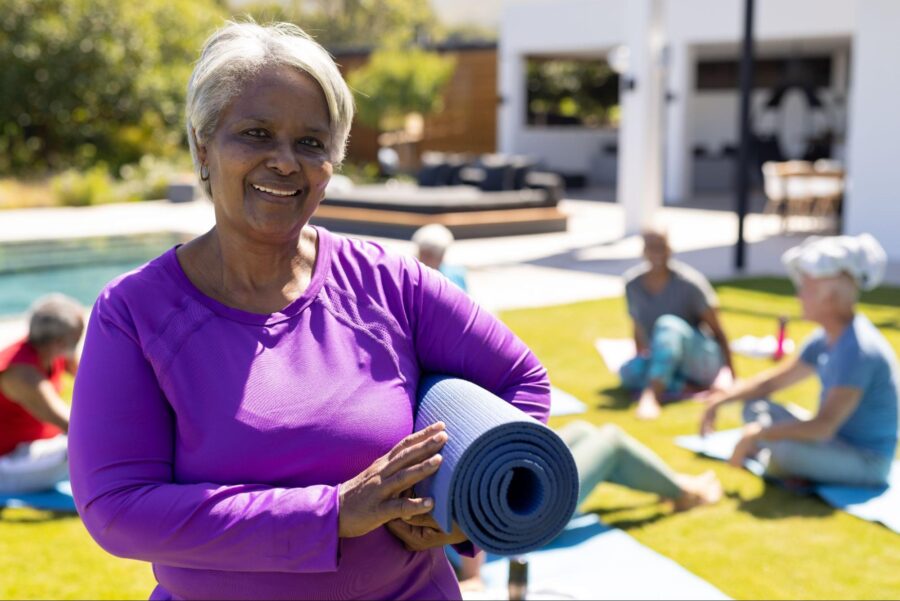
Envato
Reality: Starting an exercise routine at ANY age yields tremendous benefits. You don’t need to run marathons to see improvements in your strength, heart health, balance, and even mood.
What to do: Find something you enjoy! Start with gentle walks, try swimming or tai chi, join a senior fitness group, or work with a trainer to create a safe, age-appropriate routine.
Myth #4: Older People Become Lonely and Depressed
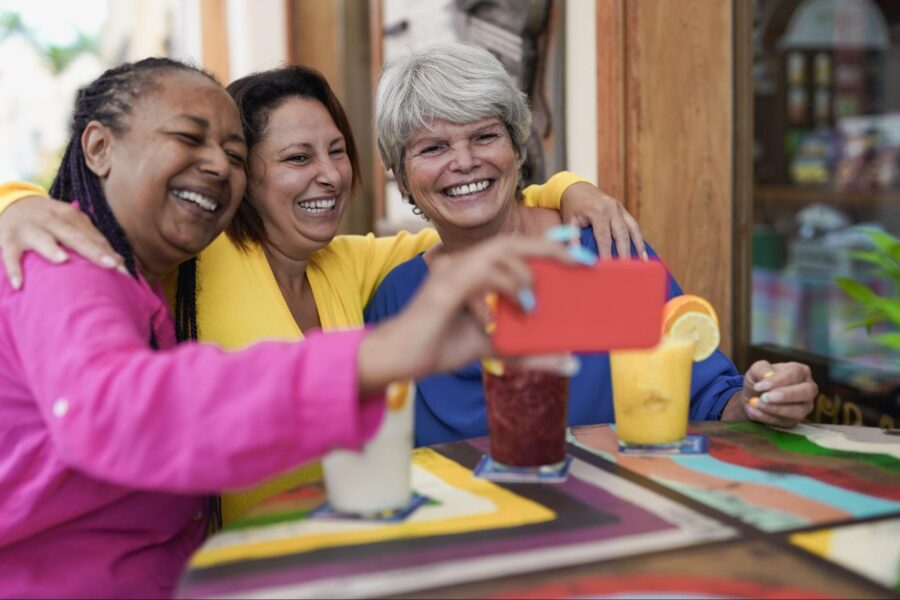
Envato
Reality: Social isolation and mental health struggles can occur at any age. Aging does not equal an automatic sentence of loneliness or depression.
What to do: Social connection is crucial for well-being. Stay involved in your community, nurture friendships old and new, consider volunteering, or find groups centered around your hobbies. Don’t hesitate to seek therapy or professional support if feelings of sadness or isolation overwhelm you.
Myth #5: Your Genes Dictate Your Lifespan and Health

Envato
Reality: While family history plays a role, lifestyle choices matter far more than we often think. You can’t change your genes, but you hold immense power in how you live.
What to do: Focus on the controllable: Don’t smoke, prioritize nourishing foods, maintain a healthy weight, get regular exercise, and manage stress – these choices dramatically influence your odds of a long, healthy life.
Myth #6: Once You’re Old, You’re Too Frail for Adventure
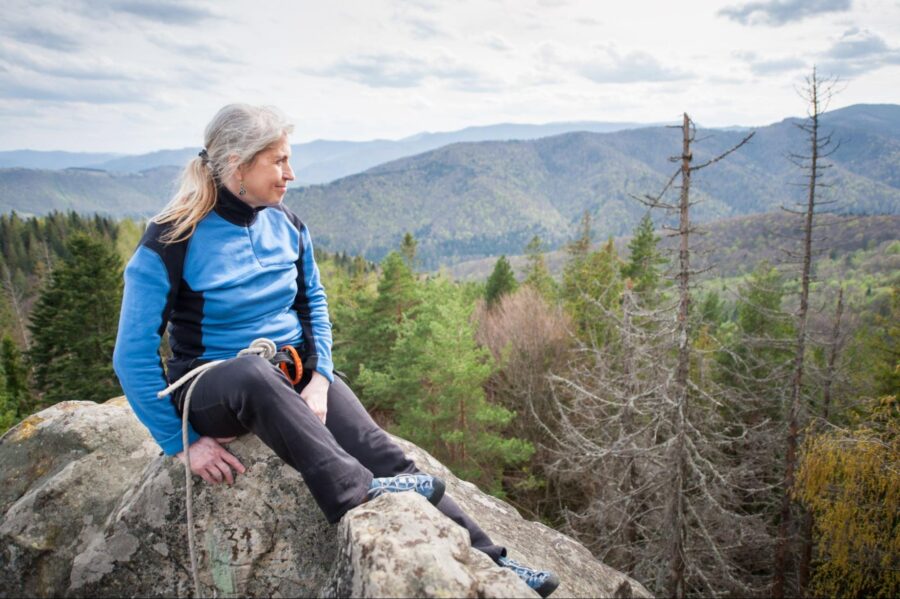
Envato
Reality: Your birth certificate doesn’t dictate your sense of adventure or desire to explore! There are countless ways to embrace newness regardless of age.
What to do: Plan trips (whether they’re road trips or international), learn new hobbies, find causes that inspire you, step outside your comfort zone, and make new connections with people of all ages.
Myth #7: Older Adults Don’t Have Sex or Intimacy

Envato
Reality: Sexuality doesn’t disappear as we age! While physical changes might occur, fulfilling sex and meaningful connection remain possible.
What to do: Communicate openly with your partner about changes and desires. Be ready to adapt and explore. If you have health concerns, talk to your doctor – often there are solutions to support continued intimacy.
Myth #8: Older People Become Burdens to Their Family

Envato
Reality: This myth promotes harmful ageism. Most older adults live independently or with minimal support. Many remain active contributors to their families, communities, and wider society.
What to do: Plan ahead by discussing future wishes with loved ones. Prioritize independence by staying active and building strong social support networks.
Myth #9: You Can’t Teach an Old Dog New Tricks

Envato
Reality: This is nonsense! The ability to learn, grow, and try new things never leaves us. Our brains are designed for adaptability.
What to do: Never give up on your dreams. Learn a language, pursue an instrument, take up a new sport, audit a college course – explore what sparks your mind.
Myth #10: The Best Years of Your Life are Behind You
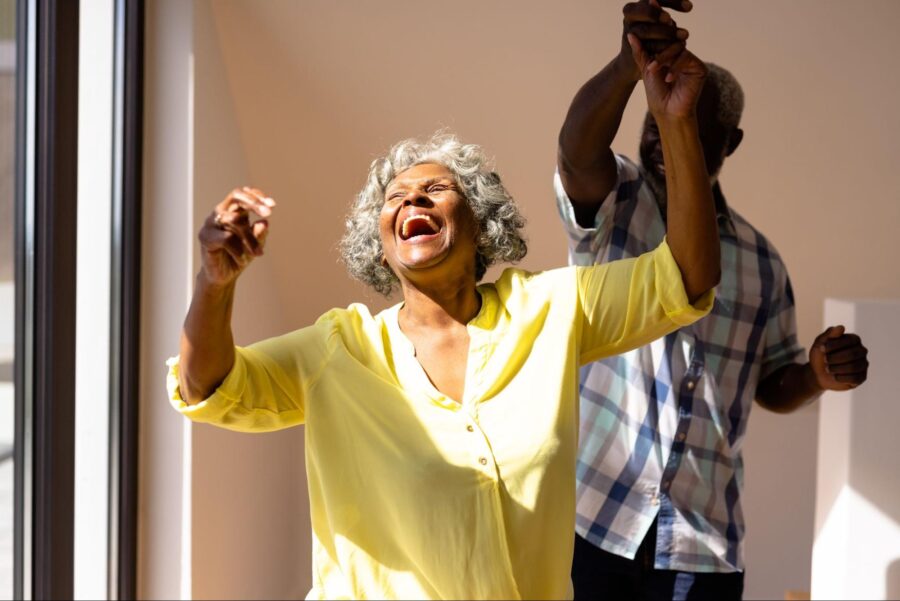
Envato
Reality: Every phase of life has something to offer. Don’t limit your joy by yearning for what’s passed.
What to do: Find meaning, purpose, and connection in the present. Redefine a fulfilling life for your current stage, appreciate the wisdom you’ve gained, and cultivate relationships that nourish you.
Remember: Aging is a natural process to be approached with curiosity and a focus on well-being. Let’s shed the harmful myths and embrace the opportunities that come with each new chapter!
This is an AI assisted collaborative article. Please feel free to add your insights to this list.



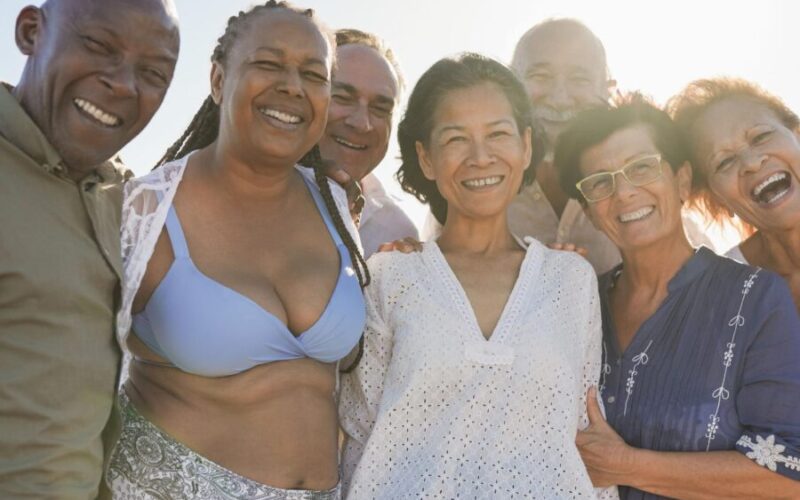















Leave a Reply